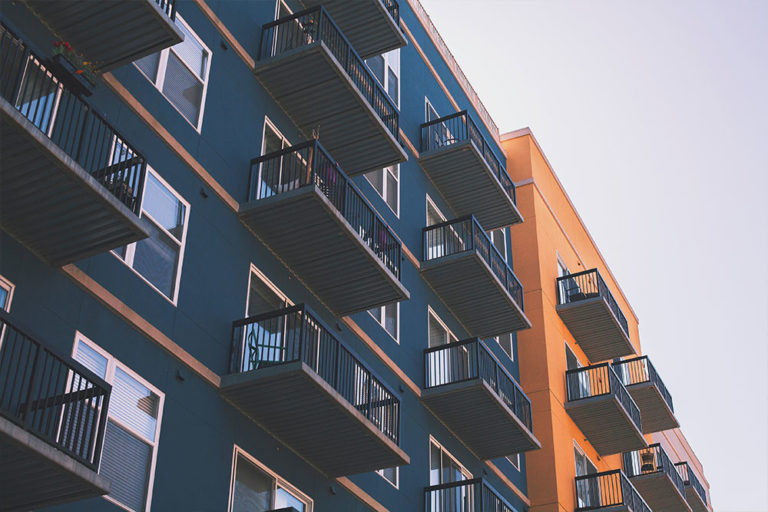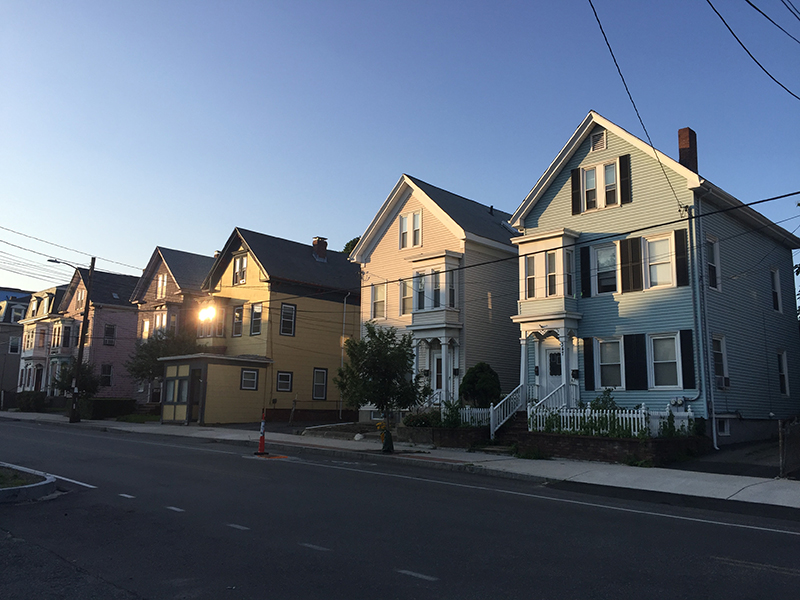
Misguided policies like rent control are shown time and time again to dissuade investment while failing to meaningfully help those in the most need. Since passing a rent control ballot initiative in November 2021, St. Paul has experienced first-hand the widespread challenges resulting from rent control. Residents are recognizing that although rent control may be well-intentioned, whenever and wherever enacted, these policies fail in delivering effective housing solutions. Instead, the initiative brought new apartment construction to a standstill in St. Paul. And as a result, the City Council urgently passed a reform bill to try and turn back some of the most far-reaching damages.
In the City Council’s own reform bill, they noted, “According to data from the Department of Housing and Urban Development, there have been only two hundred (200) residential building permits in Saint Paul through April of 2022, compared to 1,391 at the same point in 2021.” That is an astounding decrease in development over the course of less than one year. As many predicted, including Growing Homes Together, this measure has resulted in even further instability for Minnesota’s renters and the rental housing market, at large.
A recent Wall Street Journal editorial similarly pointed out the pitfalls of rent control in St. Paul, citing the work of Mercatus Center senior research fellow Salim Furth who found that multifamily permitting surged in Minneapolis after St. Paul’s twin city passed rent control.
The City Council’s reform measure, passed in September of this year, will provide a rent control exemption for any building constructed in the past or next 20 years, and when a tenant leaves, it allows landlords to raise rents by up to 8% plus inflation for the next tenant. It is yet to be seen if this measure will be enough to turn the tide and reverse the damages already done. As we pointed out in April, rather than rent control, St. Paul residents would be better served by measures that encourage additional construction, such as the elimination of outdated and inherently biased zoning laws, to deliver the housing people need and bring costs down.




